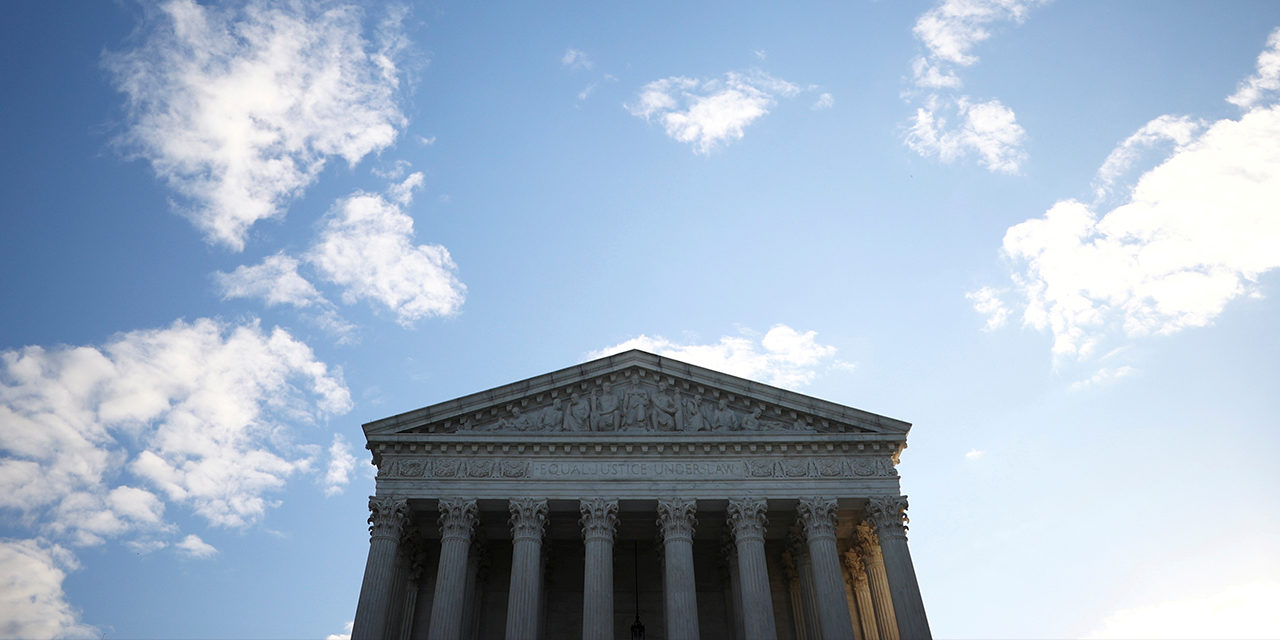There is an important case at the U.S. Supreme Court right now dealing with taxpayer funding of abortion. Nineteen states are stepping up to defend one federal agency’s existing rules that prohibit such funding.
In 2019, the Department of Health and Human Services (HHS) passed regulations requiring Title X family planning grant recipients to separate any abortion services they offered from their family planning services both physically – as in separate buildings – as well as financially. It also prohibited them from promoting or referring clients for abortions.
Entities such as Planned Parenthood sometimes combine their abortion business and family planning services under the same roof. Consequently, their abortion activities can indirectly benefit from the receipt of Title X taxpayer funds, which are not supposed to be used for abortions. Those funds can be used, for example, to pay for overhead and physical plant costs that support both activities. Also, having family planning and abortion services under the same roof makes it tempting for Planned Parenthood to subtly point Title X clients “down the hall” for an abortion as a method of family planning, a potentiality that is certainly contrary to the plain language of Title X.
The 2019 HHS rules were challenged in the federal courts, with one federal circuit upholding the rules’ legality, while another struck them down as they applied to the state of Maryland. Because of that “circuit split,” the issue was appealed to the U.S. Supreme Court, which has agreed to hear the case.
However, the Biden administration has signaled that it intends to reverse the HHS rules, and likely will not defend the rules at the high court. That’s why 19 states have asked the justices to allow them to intervene in the case to defend those rules.
Led by Ohio’s Attorney General and Solicitor General, the motion to intervene also includes the Attorneys General of Alabama, Arizona, Arkansas, Georgia, Indiana, Kansas, Kentucky, Louisiana, Mississippi, Missouri, Montana, Nebraska, Oklahoma, South Carolina, South Dakota, Tennessee, Texas and West Virginia. Those state officials are concerned their interests in the HHS rules will not be properly defended by the U.S. government.
“And while the United States has protected the States’ interests so far, that is highly likely to change: President Biden ordered HHS to consider replacing the 2019 Rules, so one can reasonably expect that the Solicitor General will fail to defend those rules in this Court, either by changing positions or asking this Court to hold the cases in abeyance,” the states’ motion argues. “The Court should therefore grant the motion to intervene so that the 2019 Rules receive the defense they deserve.”
Individual states, in many cases, administer Title X programs and funds that flow to private providers within their borders, and do not want to be seen as putting their imprimatur on abortion.
“Abortion is a deeply controversial practice. As a result, many States legitimately choose not to provide actual or apparent support for the practice. … The 2019 Rules, by creating a strict separation between the provision of Title X services and the provision of abortion services, ensure that States can participate in the important Title X program without appearing to approve of abortion,” the motion reads.
Kentucky Attorney General David Cameron issued a statement in support of the multi-state effort.
“We’ve filed this motion to ask the nation’s highest court to allow us to represent the interests and values of Kentuckians by defending the Title X rules and ensure that funding from that program is not used to support abortions,” he said.
Although the current administration appears likely to eliminate the 2019 rules, that process at the agency level could take a year or more. States can safely operate under the 2019 rules until that happens – except in Maryland. And if the Supreme Court ultimately holds that the rules were properly issued, then even if they are revoked by the current administration, such a ruling from the high court could pave the way for their reinstatement by a future administration.
Photo from HANNAH MCKAY/REUTERS






